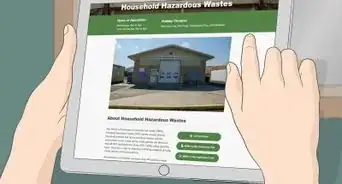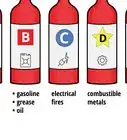This article was co-authored by wikiHow staff writer, Jennifer Mueller, JD. Jennifer Mueller is an in-house legal expert at wikiHow. Jennifer reviews, fact-checks, and evaluates wikiHow's legal content to ensure thoroughness and accuracy. She received her JD from Indiana University Maurer School of Law in 2006.
There are 8 references cited in this article, which can be found at the bottom of the page.
This article has been viewed 66,259 times.
Learn more...
Being at the scene of a fire is an intense and scary situation and time is of the essence. Alerting the fire department as soon as possible gives them enough time to gather resources and combat the blaze. Before you report a fire, move immediately to a safe location where you are not in danger. While reporting the fire, the most important thing you can do is remain calm and provide the dispatcher with as much information as possible.
Steps
Indoor Fires
-
1Activate the fire alarm to alert others in a building. If you're inside a building, activate the fire alarm as soon as you see the fire. This ensures that everybody else can get out of the building safely.[1]
- Fire alarms can be activated by pulling the lever down or by breaking the glass covering the button.
- If the fire is obstructing the nearest fire alarm, try to find another one nearby. Bang on any doors or windows you pass as you're looking for the fire alarm to get people's attention.
- If you're outside the building and see the fire, call the local emergency number immediately. Don't assume that someone else has already called. If there is a fire alarm box or emergency phone outside, use it to get the attention of the fire brigade.
-
2Identify a clear evacuation route quickly if you're inside. Look around and figure out how to get out of the room, then out of the building. Avoid elevators, where you could get trapped. If the fire is spreading, your evacuation route ideally should move away from the fire, not closer to it.[2]
- In places where you spend a lot of time, such as your home or workplace, make yourself familiar with evacuation routes and emergency exits so you can get out as soon as possible if there's a fire.
- In high rises, such as hotel rooms or apartment buildings, you may be instructed to stay inside your suite until you are given the all-clear signal.
Advertisement -
3Call your local emergency number to alert first responders. Get your phone and call as soon as possible. If you're in the process of leaving the building, let the dispatcher know that you have not yet gotten out of the building. They might instruct you to exit the building first, then call back.[3]
- If you're traveling in a foreign country, find out what the local emergency number is as soon as you arrive. Commit it to memory or program it into your phone. Common emergency numbers include 911 (North America), 999 (UK), and 112 (Europe).[4]
- If you're on a university campus, it's usually better to call university police first and let them handle it.[5]
-
4Tell the dispatcher the location and size of the fire. Let them know where in the building the fire is and how large it is. If you know how the fire started, tell them that as well. That information will help firefighters put it out more quickly.[6]
- Be as specific as possible. The dispatcher might have questions for you as well. Try to answer those questions as clearly as possible — the answers will help the first responders who arrive on the scene.
- If you don't know what started the fire, it's better to say you don't know than to guess. If you say the wrong thing, firefighters could waste precious minutes fighting the fire with ineffective methods.
- If there's anyone in the building who is disabled or might have difficulty getting out, tell the dispatcher where they're located so they can relay this information to the firefighters.
-
5Get out of the building as quickly as possible. Move quickly and stay low to the ground if there's a lot of smoke. Close the doors behind you as you leave to help stop the spread of the fire. If you encounter a closed door on your route, press your hand against it or test the doorknob. If they're hot, use another route — there's likely fire on the other side.[7]
- If you know how to use a fire extinguisher, you might be able to put out a smaller fire that's less than 2 feet (0.61 m) high. However, fire extinguishers might be ineffective against larger fires, so it's better to play it safe.[8]
- Once you're outside, move away from the building and wait for firefighters to arrive. Don't go back into the building until the firefighters have given you the all-clear.
Wildfires
-
1Move to a populated area upwind from the blaze. Consider the location of the fire and your escape routes. If you're in a remote area, it's better to get out and get to a more populated area before you try to alert authorities. You don't want to risk getting caught up in the fire yourself.[9]
- If you're on foot or can't quickly extricate yourself from the area, at least get to a vantage point where you can see as much of the fire as possible so you don't get blocked in, preferably with the wind blowing away from you.
- Keep in mind that winds can shift. Be ready to move if the fire starts blowing in your direction.
-
2Call the local emergency number. Usually, you can report outdoor fires using the regular local emergency number. If you're in an extremely remote area, you would typically call a forest ranger's station. Make sure you take down this number before you venture out into the wilderness.[10]
- If you call the local emergency number and they don't dispatch first responders to the area, they'll give you another number to call. In some situations, they might be able to patch you straight through.
- Don't assume the fire has already been reported. If you see the fire, go ahead and call it in. Even if someone else has already reported it, you might have information that they didn't.
-
3Give the dispatcher information about the fire. Tell the dispatcher the location of the fire, size, how it started (if you know) and how long it's been burning (again, if you know). Let them know how much smoke there is and whether there are any structures threatened by the blaze.[11]
- Be as specific as you can about the location of the fire. If you know how to get to the fire, the dispatcher can relay this information to the first responders so they can get there as quickly as possible.
-
4Evacuate the area if your home is threatened. If the fire is near your home or blowing in your direction, immediately gather up your family and any animals you have and seek safety. Open barns and gates to allow livestock to flee the fire. Turn off the propane before you leave and write a note for the firefighters that you've left along with contact information.[12]
- Gather supplies to take with you, including water, nonperishable food, a flashlight, a first aid kit, personal documents, medications, and other essential items that you couldn't replace if they were destroyed. If you live in an area where wildfires are prevalent, keep these items packed in a bag so you can evacuate quickly if necessary.[13]
Community Q&A
-
QuestionCan I prank the fire department?
 Community AnswerNo, you should never prank any emergency services number, as you could be taking time and attention away from a legitimate and life-threatening emergency.
Community AnswerNo, you should never prank any emergency services number, as you could be taking time and attention away from a legitimate and life-threatening emergency. -
QuestionDo I have to report a house fire to authorities?
 Community AnswerIn some countries, it's illegal not to help people in need. You should always report house fires to protect people's lives and property.
Community AnswerIn some countries, it's illegal not to help people in need. You should always report house fires to protect people's lives and property. -
QuestionIf l have a hamster should l go and get it?
 Community AnswerIf your hamster is in your house that is on fire, don't go in and get it. When the fire department arrives, tell the firefighters that you have a pet in the house and where it is located in the house, and they will get it for you.
Community AnswerIf your hamster is in your house that is on fire, don't go in and get it. When the fire department arrives, tell the firefighters that you have a pet in the house and where it is located in the house, and they will get it for you.
Warnings
References
- ↑ https://publicsafety.tufts.edu/firesafety/fire-incident-reporting/
- ↑ https://www.osha.gov/SLTC/etools/evacuation/portable_use.html
- ↑ https://publicsafety.tufts.edu/firesafety/fire-incident-reporting/
- ↑ https://travel.state.gov/content/dam/students-abroad/pdfs/911_ABROAD.pdf
- ↑ https://www.amherst.edu/offices/enviro_health_safety/fire/report_fire
- ↑ https://www.amherst.edu/offices/enviro_health_safety/fire/report_fire
- ↑ https://publicsafety.tufts.edu/firesafety/fire-incident-reporting/
- ↑ https://www.amherst.edu/offices/enviro_health_safety/fire/report_fire
- ↑ https://idahofirewise.org/2017/03/01/how-to-report-a-wildfire/
- ↑ https://www.dnr.state.mn.us/wildfire/prevention/report.html
- ↑ https://gacc.nifc.gov/swcc/dc/aztdc/?q=information/reporting-wildfire
- ↑ https://www.dnr.state.mn.us/wildfire/prevention/report.html
- ↑ https://www.rcvfd.org/images/stories/Firewise/WildfireEvacChecklist_Red_cross.pdf
- ↑ https://www.amherst.edu/offices/enviro_health_safety/fire/report_fire
- ↑ https://www.rcvfd.org/images/stories/Firewise/WildfireEvacChecklist_Red_cross.pdf
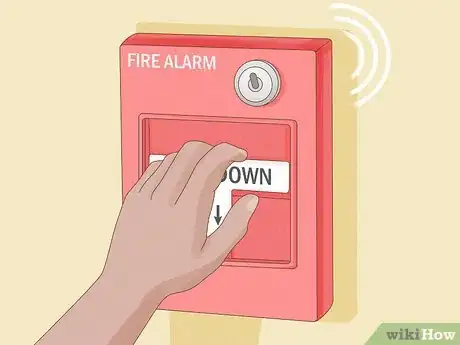
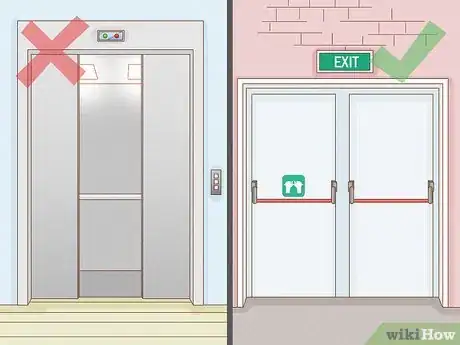



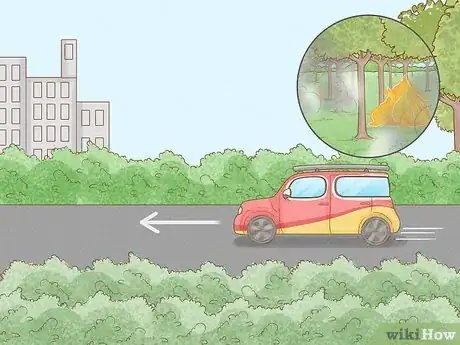
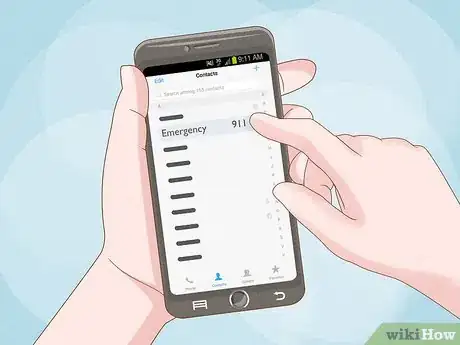


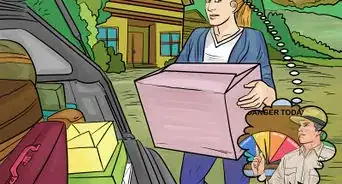
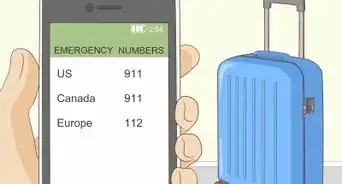
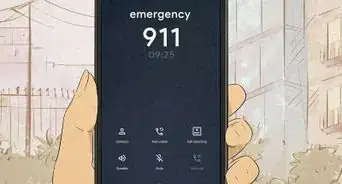
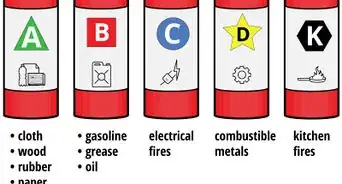
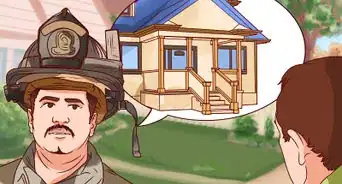

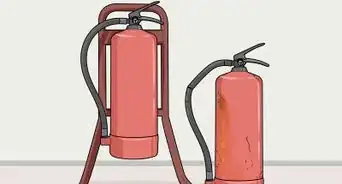




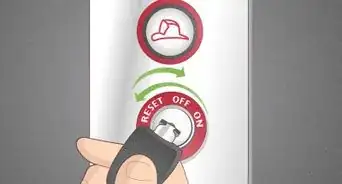
-Step-11-Version-2.webp)
